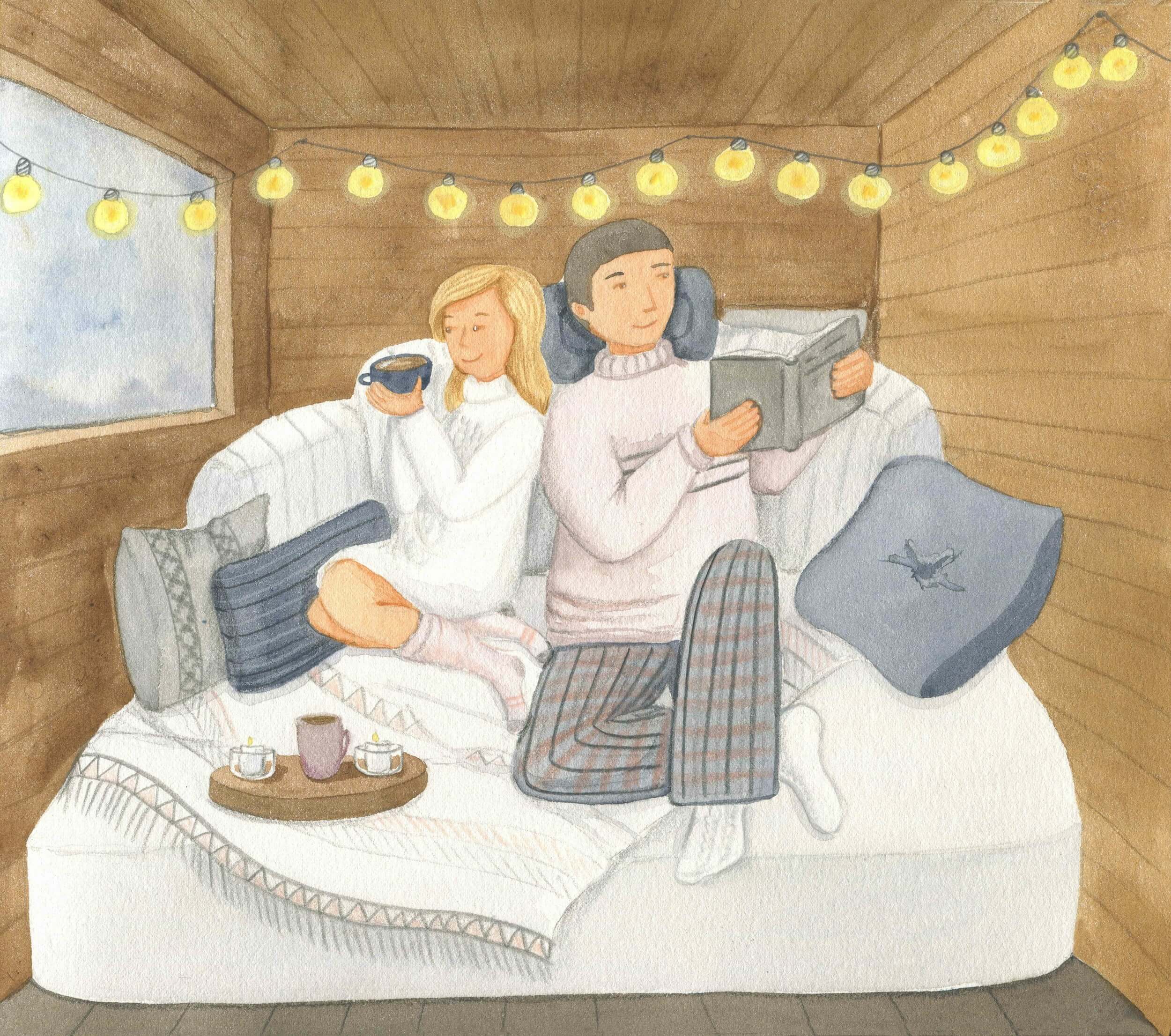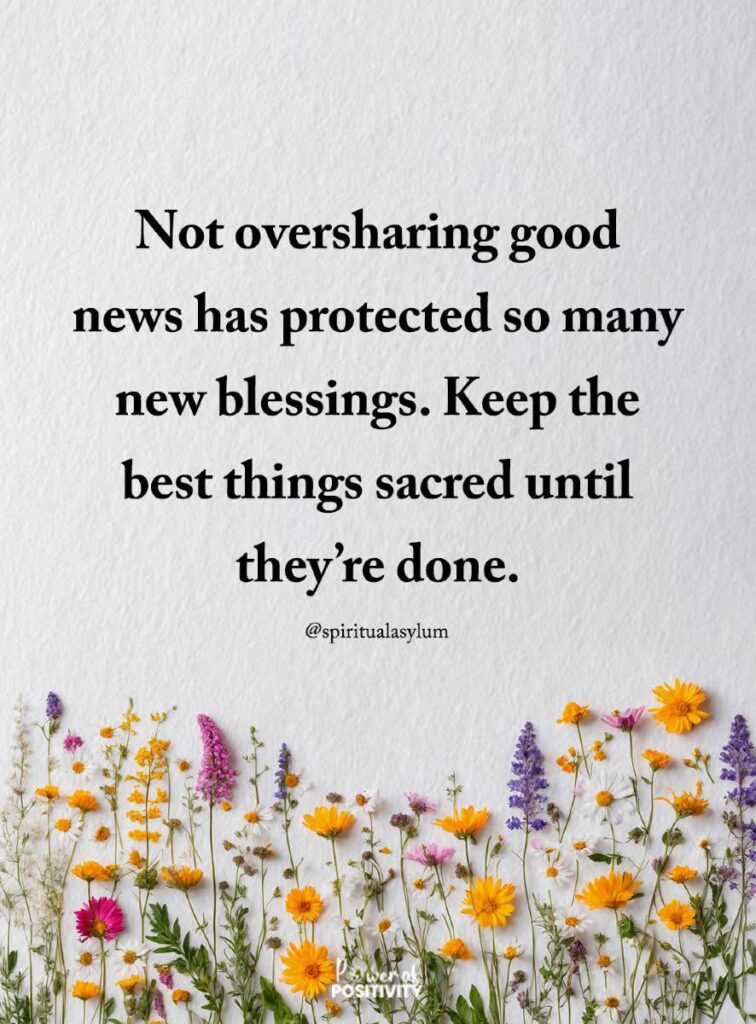Why do some relationships leave you feeling drained, unheard, or unsure of yourself? It’s not always about big arguments or obvious problems. Often, it comes down to one thing that’s easy to miss: respect. When that’s missing, everything else starts to feel off, even if you can’t quite put your finger on it.
Respect isn’t just about being polite. It’s about how your partner treats your thoughts, your time, your feelings, and your boundaries. If they constantly interrupt you, ignore what you say, or make you feel like your needs don’t matter, that’s not just being rude—it’s a red flag.
Disrespectful behavior in relationships doesn’t always show up loudly. Sometimes it slips in quietly, little by little. But even the smallest signs matter. Knowing what to watch for can help you take back your voice before things go too far. You deserve to feel valued every day—not just sometimes.
What Counts as Disrespect in a Relationship?
Not all disrespect shows up as yelling or name-calling. Some of it hides in the small stuff—like when your partner talks over you, laughs at things you care about, or keeps crossing lines you’ve already asked them not to. It may not feel like a big deal at first, but it adds up.
Other times, it’s more in-your-face—like being embarrassed in front of others or lied to about things that matter. Disrespectful behavior in relationships can show up in different ways, but the result is the same: you start to feel small, unimportant, or just plain tired.
If you’re often wondering, “Was that okay?” or brushing things off as a one-time thing, it might be worth a closer look. The next 10 signs can help you figure out what’s really going on—and what you shouldn’t ignore.
10 Signs of Disrespectful Behavior You Shouldn’t Overlook
These signs might seem small at first, but noticing them early can help you protect your peace and your self-worth.
1. They Interrupt or Talk Over You Constantly
Talking should be a two-way street. If your partner always cuts you off, talks over you, or doesn’t let you finish your thoughts, it’s not just annoying—it’s disrespectful. It sends the message that what you say doesn’t matter. Over time, this can make you feel small or invisible.
Good communication means listening, not just waiting to speak. Disrespectful behavior in relationships often shows up in everyday conversations, and this is one of the clearest signs something isn’t right.
2. They Dismiss Your Feelings or Call You “Too Sensitive”
When your partner says things like “you’re overreacting” or “you’re too emotional,” they’re not helping—they’re shutting you down. Everyone’s feelings are valid, even if they don’t always make sense to someone else. Constantly being told your emotions are too much can make you feel like you can’t express yourself.
This kind of response shows a lack of care and understanding. Disrespectful behavior in relationships isn’t always loud—sometimes it’s the quiet way someone makes you feel like your feelings don’t count.
3. They Make Jokes at Your Expense
Teasing can be fun when both people are laughing, but it crosses the line when the jokes are always about you. If your partner makes fun of you in front of others or calls you names and laughs it off, that’s not harmless—it’s hurtful.
Saying “it’s just a joke” doesn’t make it okay. It’s a way to cover up disrespect. Over time, these comments can chip away at your confidence. Being in a relationship shouldn’t mean becoming someone’s punchline.
4. They Break Promises or Commitments Often
Plans change sometimes, and that’s normal. But if your partner keeps forgetting things they promised or backing out of commitments, it shows they’re not taking you seriously. Being reliable is part of being respectful.
Disrespectful behavior in relationships can show up as broken trust—even in the small stuff. If you’re always left waiting or feeling disappointed, it might be more than forgetfulness. You deserve someone who follows through and treats your time and effort like they matter.
5. They Invade Your Privacy Without Consent
Checking your phone, reading your messages, or asking others about you behind your back are signs of control, not care. A partner who respects you won’t snoop or question every move you make.
Disrespectful behavior in relationships often looks like “just making sure” when it’s really about not trusting you. Everyone needs space, and privacy doesn’t mean hiding things—it means having healthy boundaries. If someone can’t respect yours, it’s time to question what else they might not respect.
6. They Belittle Your Achievements or Goals
When you’re proud of something, your partner should be proud of you too. If they roll their eyes, change the subject, or make your goals sound silly, that’s a sign of disrespect. You should never feel embarrassed about sharing your dreams.
A partner who puts down your efforts or compares you to others isn’t helping—they’re holding you back. Disrespectful behavior in relationships often shows up when one person doesn’t want the other to grow. That’s not love—it’s control.
7. They Use Silent Treatment as Punishment
Arguments happen, but shutting you out for days isn’t the way to fix things. The silent treatment isn’t peaceful—it’s punishment. It can leave you feeling anxious, confused, or like you have to beg just to be spoken to again.
That’s not fair. Respect means being able to talk things through, even when it’s hard. Disrespectful behavior in relationships can show up when someone uses silence as a weapon instead of working together to solve a problem.
8. They Keep Score or Bring Up Past Mistakes Often
Nobody’s perfect, and mistakes happen. But if your partner brings up old problems just to win arguments or guilt you, that’s not healthy. Relationships are about moving forward, not keeping score. Constant reminders of your past only cause stress and make you feel like you’re always in the wrong.
This kind of behavior can lead to resentment and shame. Disrespectful behavior in relationships includes using your history against you instead of supporting your growth and change.
9. They Act Differently Around Others to Impress or Undermine You
Some people change when others are around. Maybe your partner ignores you in public, flirts with others, or makes you the butt of their jokes. Or they try to look better by putting you down.
That switch in behavior can feel confusing and hurtful. It often shows they care more about their image than your feelings. Disrespectful behavior in relationships doesn’t stop when other people are watching—in fact, that’s often when it’s most obvious.
10. They Make You Feel Like You’re Always the Problem
If every disagreement ends with you apologizing—even when you’re not wrong—it might be more than miscommunication. Blaming you for everything, twisting your words, or playing the victim are all signs of emotional manipulation.
This kind of treatment can make you doubt yourself and your decisions. Disrespectful behavior in relationships often hides behind guilt and blame. But love isn’t about always being “right”—it’s about understanding and taking responsibility on both sides.
How to Start Setting Boundaries If You’ve Seen the Signs
Noticing disrespect is the first step—deciding what to do next is just as important. If any of these signs sound familiar, it may be time to speak up and set a few clear boundaries. That could mean telling your partner what’s not okay, asking for space when you need it, or even reaching out to someone you trust. You don’t have to stay quiet just to keep the peace. Disrespectful behavior in relationships doesn’t stop on its own—it stops when you show you won’t accept it anymore. You have the right to be treated better.
Final Thoughts on Disrespectful Behavior in Relationships
Sometimes the most harmful behavior isn’t loud—it’s quiet, repeated, and treated like no big deal. Things like eye-rolls, cold silence, or small put-downs can fly under the radar until they start to feel normal. But just because something’s common doesn’t mean it’s okay.
If even a few of these signs sound familiar, it might be time to think about what you’ve been putting up with—and why. Disrespectful behavior in relationships doesn’t have to be extreme to cause damage. What matters is how it makes you feel.
You shouldn’t have to question your worth, explain your pain, or beg for basic respect. A healthy relationship means both people feel heard, safe, and valued. Not just once in a while—but every single day.















